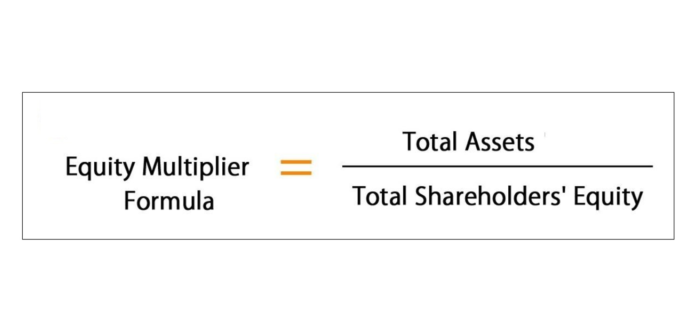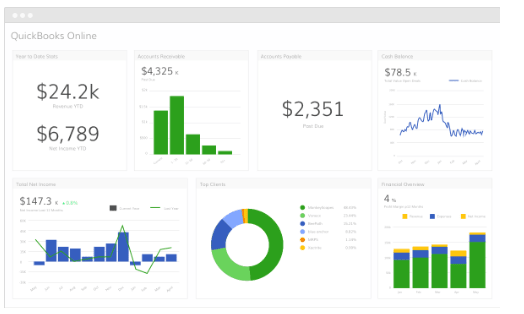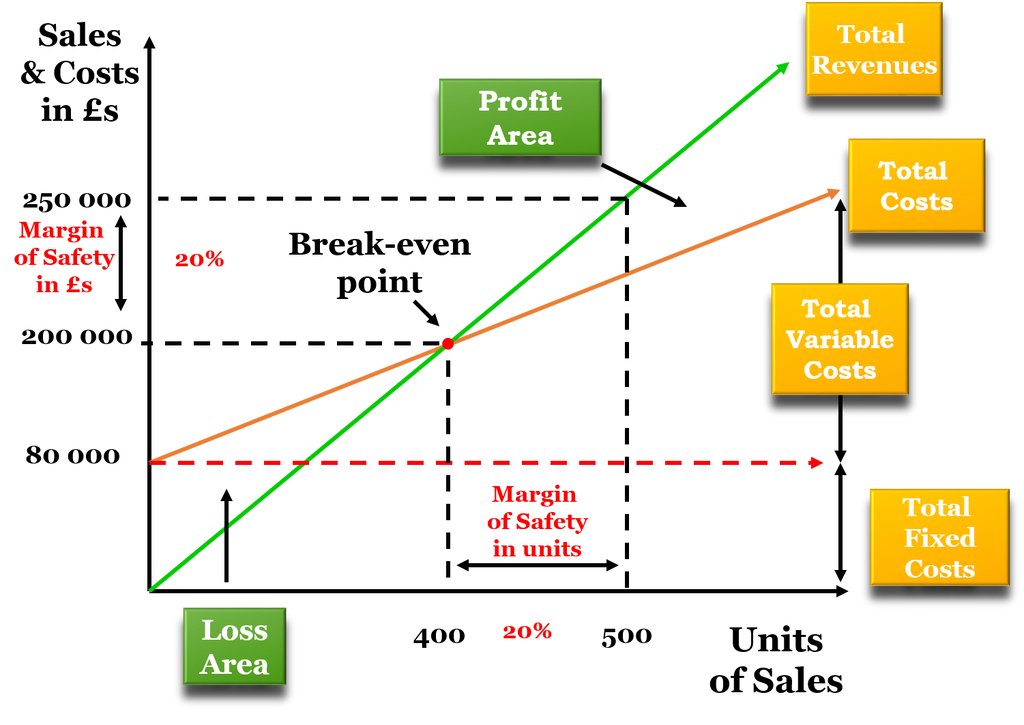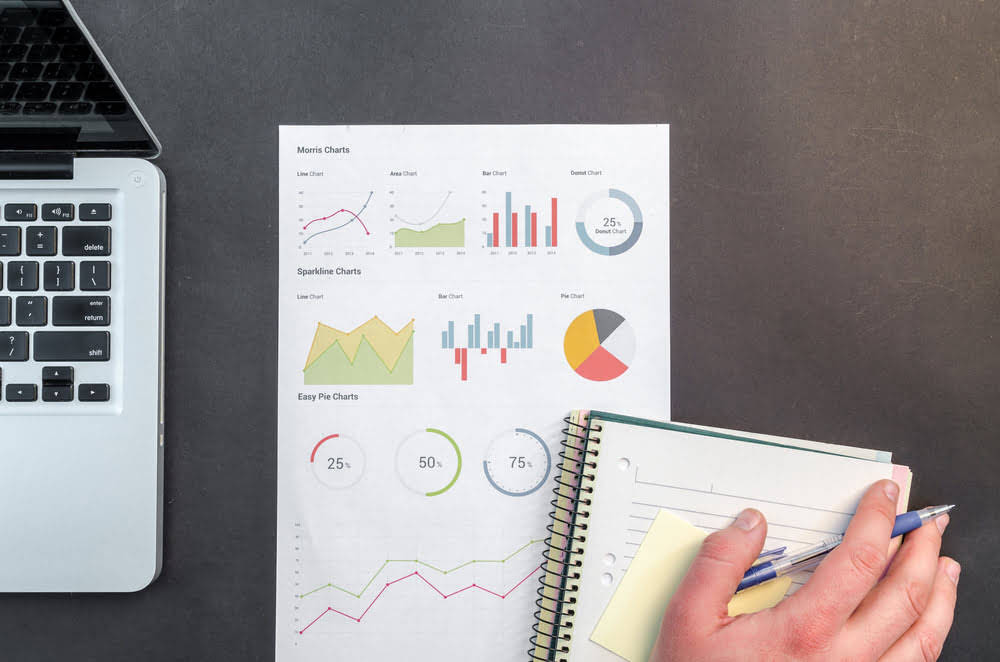
While this meaning doesn’t provide a clear definition of accountancy, the industry understands accountancy as an umbrella term that covers many concepts. “Accountancy” is not the same as “accounting” even if people often use them interchangeably. These two terms are familiar to anyone interested or involved in finance, and many do not know how accountancy differs from accounting. The coursework adapts and adjusts as industry standards, best practices and content knowledge continually advance. This specialized accreditation signifies that the program meets rigorous criteria and standards for excellence in accounting education across engagement, innovation and impact. His academic and professional background includes experience in marketing, content development, script writing and SEO.
- Meanwhile, accountancy covers a broader range of principles and regulations, including decision-making, auditing, bookkeeping, ethics and the principles guiding these technical processes.
- Staying ahead of these trends allows professionals to lead, adapt, and thrive in an ever-evolving landscape.
- The difference between the two fields is crucial for both career development and business strategy.
- In the process of bookkeeping, business transactions and events are identified and recorded systematically.
- A step-by-step blueprint that will help you maximize the benefits of skills-based hiring from faster time-to-hire to improved employee retention.
Key Responsibilities
- Because you can do auditing in the context of tax, financial, management, forensic and international accounting.
- Since accountancy also includes financial analysis, almost everyone involved in decision-making needs some knowledge of accountancy.
- Automation opens up new opportunities for professionals who are adaptable and embrace advanced technologies.
- Accountancy and accounting have subtle differences in the following aspects.
The difference between accounting and finance lies in how these fields apply critical thinking. Finance professionals, especially those in managerial roles, must think critically when making investment decisions, analyzing market trends, or advising on business strategies. Accountants, while also using critical thinking, typically apply this skill when reviewing financial records or identifying ways to optimize efficiency.
Preparation
- The Online MSA is designed for students who earned a bachelor’s degree in accounting and meet all accounting and business prerequisites.
- Bookkeepers, managers, CFOs, CEOs, executives, and anyone involved in running a business must understand accountancy to make smarter decisions.
- The branch of accounting which is concerned with the classification, accumulation, apportionment, and control of costs and preparation of reports, is cost accounting.
- While the two may seem quite similar there is a difference between accounting and accountancy.
- TestGorilla’s library of 400+ science-backed talent assessments can help you thoroughly evaluate your accounting candidates before making an offer.
On the other hand, finance roles involve higher stakes, with decisions that can have significant financial impacts. The difference between accounting and finance is clear when considering their peak workloads. Accountants usually face intense periods during fiscal year-end and tax season. In contrast, finance professionals often experience their busiest times during budgeting cycles or economic fluctuations. A strong educational foundation is essential for building a successful career in either finance or accounting. Understanding the difference between accounting and finance is crucial, as each field has its own unique skill set and focus.

B. Role of Accountancy in the Global Economy
It is vital for businesses and individuals in these fields to stay abreast of these trends. Both Accounting and Accountancy have profound impacts on a business’s accountancy functioning. By understanding these impacts, businesses can leverage these functions for better financial management.
BA 302 Business Law and Ethics

We offer self-paced programs (with weekly deadlines) on the HBS Online course platform. She has held multiple finance and banking classes for business schools and communities. During the process of accountancy, one needs information about managers, stakeholders, investors. To excel in these fields, consider pursuing relevant certifications like CPA, CMA, or ACCA. Accounting consists of all the complete knowledge of the subject as it contains both the conceptual as well as the practical implementation to maintain the books of accounts.

Accounting is a discipline that is based on many different terms, rules, principles, and the standards which are needed to be followed https://www.bookstime.com/ so to obtain the required information for the decision-making process. Learn how technology is making waves in the accounting profession and why it’s critical to have a broader understanding of accountancy to make the most of accounting innovations. As a student in the accountancy degree program, you will learn from a curriculum relevant to an accounting career and become strongly positioned for long-term professional advancement. Here is a closer look at accounting and accountancy and their relevance to business professionals. In broad terms, accountancy covers the principles that guide the creation and use of financial records.

Understanding the Difference Between Finance and Accounting

Automation and advanced analytics have transformed workflows, allowing professionals to focus on strategic, value-driven tasks. In finance, AI-driven forecasting helps make more accurate predictions, while in accounting, automated bookkeeping streamlines routine processes. The difference between accounting and finance is becoming clearer as technology automates repetitive tasks in retained earnings balance sheet both fields.













